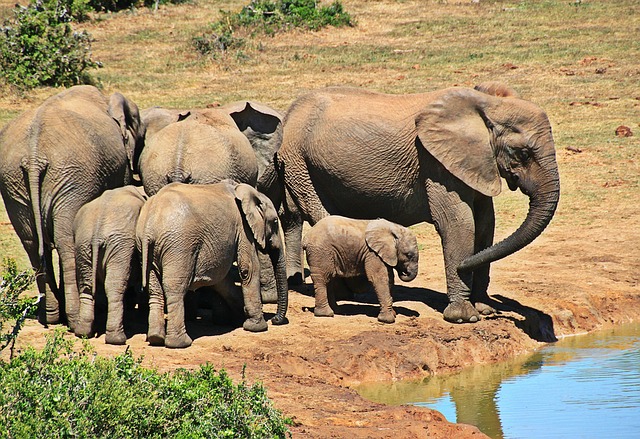 As poaching season draws near, many poachers have turned their eyes on Botswana, which houses the world’s largest population of elephants.
As poaching season draws near, many poachers have turned their eyes on Botswana, which houses the world’s largest population of elephants.
In the last few months, out of the 130,000 elephants living in Botswana, a group of conservationists reported 90 were found dead near Botswana’s famous wildlife sanctuary, the Okavango Delta. This event is recorded as one of the largest elephant mass-poachings. The government claims their numbers are false, saying that most of the elephants died of other causes, but the conservationists remain firm.
Across the area, fresh carcasses contained disfigured skulls and removed tusks, which was a clear indication that the elephants were hunted. Poachers target elephants for their ivory tusks, a valuable and widely-used material in Asian jewelry and other decorations.
Reactions ranged from disgust to outrage. With the elephants’ dwindling population, biodiversity is threatened. For example, elephants play a large role in providing water for other animals during the dry summer months by digging into the ground.
While hunting for elephants has been a problem for decades, the government has usually been able to keep poachers at bay with anti-poaching units and occasional military patrols. However, the new government that has recently come into power disarmed these anti-poaching units, which may be the cause of increased poaching. For more on elephant poaching, read our earlier article here.







